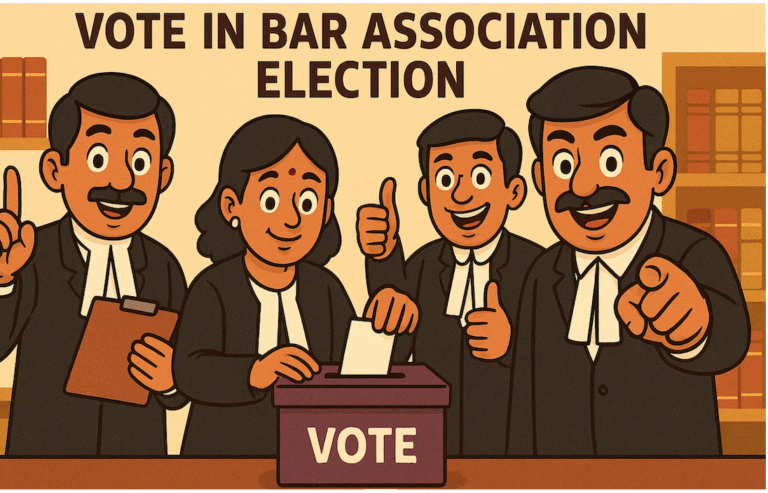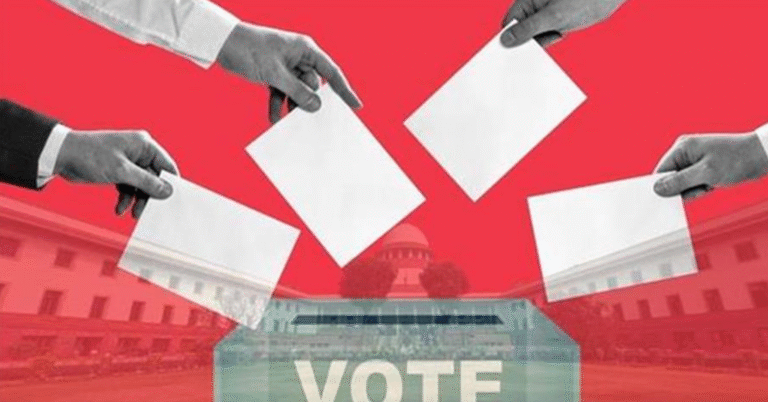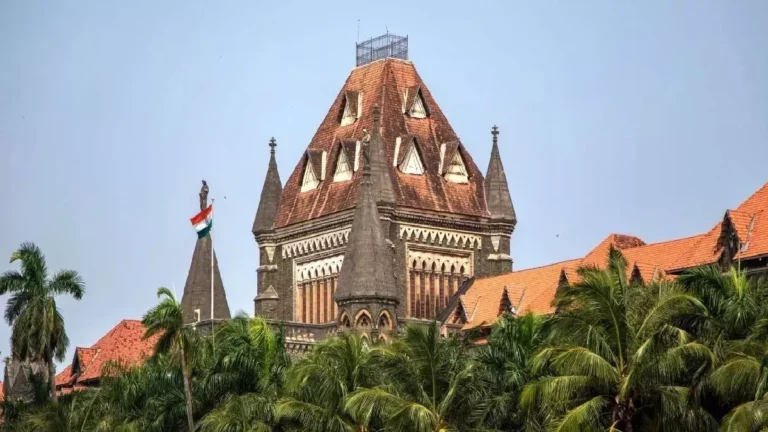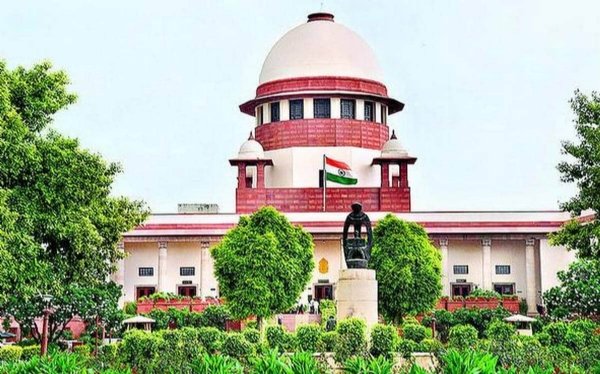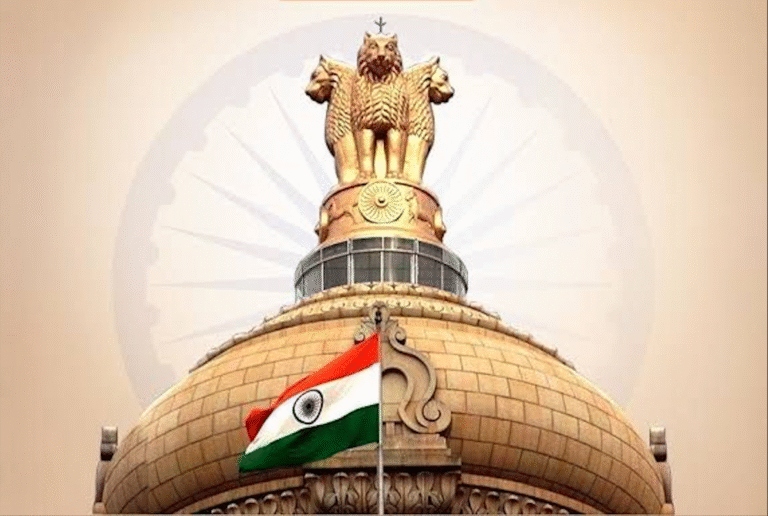Big trouble for Sr. Advocates Milind Sathe, Darius Khambata, and Nitin Thakkar, after judgment of Delhi High Court in Renew Wind Energy (Ap2) Pvt. Ltd v. Solar Energy Corporation of India, reported in 2025 DHC 9650.
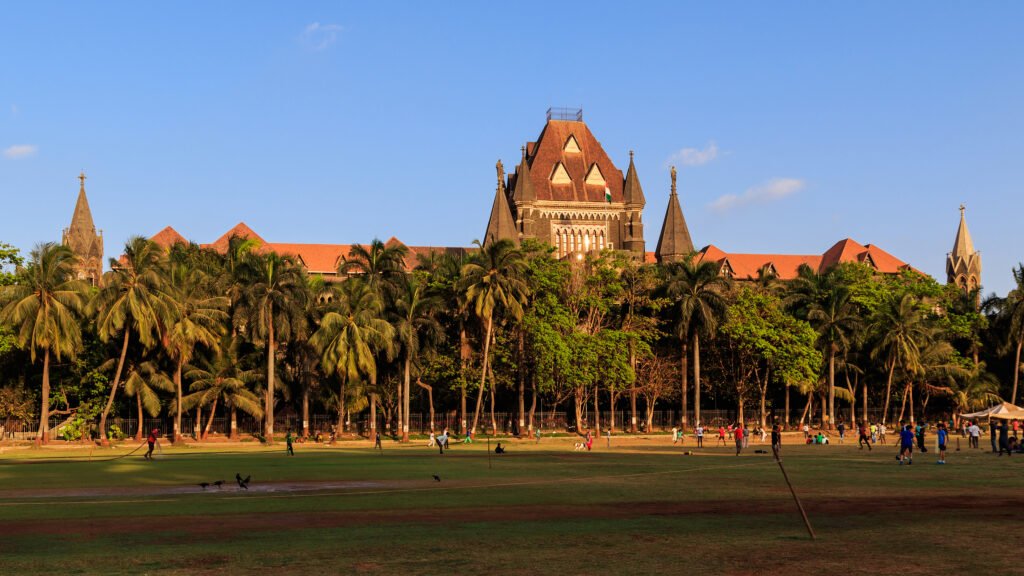
The ratio laid down in the said judgment has created significant trouble for Advocates Milind Sathe, Darius Khambata, and Nitin Thakkar, who in other proceedings have suppressed the pendency of a case before the Supreme Court to secure an order from the High Court.
Based on the said judgment a formal complaint is filed before the Bar Council, by various advocates, requesting cancellation of the sanad of the aforementioned Senior Advocates.
Additionally, a letter has been circulated among all judges of the High Court, urging them to withdraw the Senior Counsel designation of these individuals and prohibiting their future appearances before any court.
Mumbai: – 1. The Delhi High Court, on 03.11.2025, in Renew Wind Energy (Ap2) Pvt. Ltd vs Solar Energy Corporation Of India (2025 DHC 9650), held that advocates who rely on any judgment as a precedent are duty-bound to disclose whether such judgment is under challenge before the Supreme Court. The Court further ruled that if an advocate suppresses these facts, it amounts to a failure to perform their duty fairly and constitutes an act of misleading the court. Additionally, there exist other legal precedents holding that advocates and Senior Counsel who rely upon or submit overruled judgments may be guilty of criminal contempt and professional misconduct.
2. The ratio laid down in Renew Wind Energy (Ap2) Pvt. Ltd vs Solar Energy Corporation Of India (2025 DHC 9650) is founded upon two important legal mandates laid down by the Hon’ble Supreme Court.
2.1. It is a settled position of law that whenever any judgment or legal point is under challenge before a larger Bench or the Supreme Court, the High Courts and all subordinate courts are required to refrain from relying upon such judgment or legal point. They must instead await the outcome of the pending decision before the Supreme Court. [JSW Steel Ltd. v. Union of India, 2022 SCC OnLine Kar 1609; Mohinder Kumar v. State of Haryana, (2001) 10 SCC 605]
2.2. The second principle is that advocates and Senior Counsel who suppress or withhold binding precedents or material facts, or rely upon overruled judgments, are guilty of committing fraud upon the court, constituting both criminal contempt and professional misconduct. It is the duty of every advocate to conduct proper research before citing any judgment and to bring to the court’s notice all relevant decisions, even those unfavorable to their client’s case. [T.V. Choudhary, In re, (1987) 3 SCC 258; State of Orissa v. Nalinikanta Muduli, (2004) 7 SCC 19; Lal Bahadur Gautam v. State of U.P., (2019) 6 SCC 441; Sunita Pandey v. State of Uttarakhand, 2018 SCC OnLine Utt 933; Kusha Duruka v. State of Odisha, (2024) 4 SCC 432; Ujwala J. Patil v. Slum Rehabilitation Authority, 2016 SCC OnLine Bom 5259.]
3. Applicability of the above law to the grossly dishonest conduct of Senior Advocates Darius Khambata, Milind Sathe, and Nitin Thakkar.
3.1. In a contempt proceeding before a Five-Judge Bench of the Bombay High Court, Senior Advocate Darius Khambata and Mr. Milind Sathe relied upon an overruled judgment of a Two-Judge Bench in Pritam Pal v. High Court of M.P., 1993 Supp (1) SCC 529, which had been expressly overruled by the Three-Judge Bench in Bal Thackeray v. Pimplekhute, (2005) 1 SCC 254.
3.2. Bombay High Court in Suresh Bhoyer v. Shri Manohar Bhagat, 2012 (5) ALL MR 230 it is ruled as under;
“4. The judgment in the matter of Pritam Pal’s case dated 19.2.1992 was rendered by two Honourable Lordships of the Supreme Court, while the judgment in the matter of Pallav Sheth was by the three Honourable Judges of the Supreme Court. Consequently, no astrologer is required to comment that the later judgment rendered by the Supreme Court by the three Honourable Judges on 10.8.2001 will only hold the field. The submissions vociferously advanced needs only to be discarded.”
4. Advocates Darius Khambata and Milind Sathe further relied upon the Two-Judge Bench decision in Vijay Kurle, In re, (2021) 13 SCC 616, which itself was based on an overruled judgment. Moreover, writ petitions challenging the said judgment have already been admitted by a Three-Judge Bench in Prashant Bhushan v. Union of India, 2022 SCC OnLine SC 2222.
5. In the case of Prashant Bhushan, Nilesh Ojha, Vijay Kurle, and Rashid Khan Pathan, the Three-Judge Bench appointed the Attorney General for India to assist the Court and discontinued the services of the earlier amicus curiae, Advocate Siddharth Luthra, who had misguided the Supreme Court by relying upon overruled judgments.
6. In the said matter, W.P. (Criminal) No. 244 of 2020, specific prayers have been made seeking the prosecution of Advocate Milind Sathe and his associates. The case is presently listed before the Supreme Court for final hearing. However, this fact was deliberately suppressed by Advocates Milind Sathe, Darius Khambata, and Nitin Thakkar. Consequently, they are ex facie guilty of gross professional misconduct, fraud upon the court, intellectual dishonesty, and contempt of court.
7. Mr. Milind Sathe & Darius Khambata further relied upon the overruled judgment in C.K. Daphtary v. O.P. Gupta, (1971) 1 SCC 626, which had been expressly declared as a statutory overruled and non-binding judgment by the Supreme Court in Biman Basu v. Kallol Guha Thakurta, (2010) 8 SCC 673 (Para 23).
8. The judgment in C.K. Daphtary v. O.P. Gupta, (1971) 1 SCC 626, is per incuriam and constitutes a non-binding precedent as it stands in direct conflict with the Constitution Bench judgment in Bathina Ramakrishna Reddy v. State of Madras, 1952 SCR 425, wherein it was ruled as under;
“If the allegations were true, obviously it would be to the benefit of the public to bring these matters into light. But if they were false, they cannot but undermine the confidence of the public in the administration of justice and bring judiciary into disrepute. The appel- lant, though he took sole responsibility regarding the publication of the article, was not in a position to sub- stantiate by evidence any of the allegations made therein. He admitted that the statement was based on hearsay.”
9. The judgments in C.K. Daphtary v. O.P. Gupta, (1971) 1 SCC 626, and D.C. Saxena (Dr) v. Hon’ble The Chief Justice of India, (1996) 5 SCC 216, stand overruled in effect after the amendment to the Contempt of Courts Act, 1971, wherein truth has been recognized as a valid defence. The Constitution Benches of the Supreme Court have clarified that the publication of allegations attributing motives to judges or exposing institutional malpractices, when supported by credible evidence, does not constitute contempt of court. Rather, such actions represent the discharge of a duty imposed upon all citizens under Article 51A of the Constitution of India. Persons who obstruct this constitutional duty are liable to compensate the alleged contemnor, and frivolous contempt proceedings are punishable under Sections 211 and 192 of the Indian Penal Code. [Subramanian Swamy v. Arun Shourie, (2014) 12 SCC 344; Indirect Tax Practitioners’ Assn. v. R.K. Jain, (2010) 8 SCC 281; Re Lalit Kalita, (2008) 1 Gau LT 800; C.S. Karnan, In re, (2017) 7 SCC 1; Hari Das v. State of W.B., (1964) 7 SCR 237; Legal Remembrancer v. Matilal Ghose, 1913 SCC OnLine Cal 443]
10. In Indirect Tax Practitioners’ Assn. v. R.K. Jain, (2010) 8 SCC 281, the Supreme Court defined the scope of scandalous pleadings by holding that when a judge is alleged to have committed fraud or corruption, a person making such a complaint is not guilty of contempt, as the pleadings attributing motive in such cases form part of a legitimate complaint process. [See also: – Rama Surat Singh v. Shiv Kumar Pandey, 1969 SCC OnLine All 226]
11. It appears that the conduct of Senior Advocates Darius Khambata, Milind Sathe, Nitin Thakkar, and Siddharth Luthra has adversely affected the sanctity of the judicial process and tarnished the dignity of the legal profession. Advocates have therefore urged that they be permanently removed from the rolls of the Bar Council and their licenses to practice be cancelled.
Advocates have also raised concerns regarding the inaction or delay in taking necessary measures by Chief Justice of Bombay High Court Shri. Chandrashekhar.

